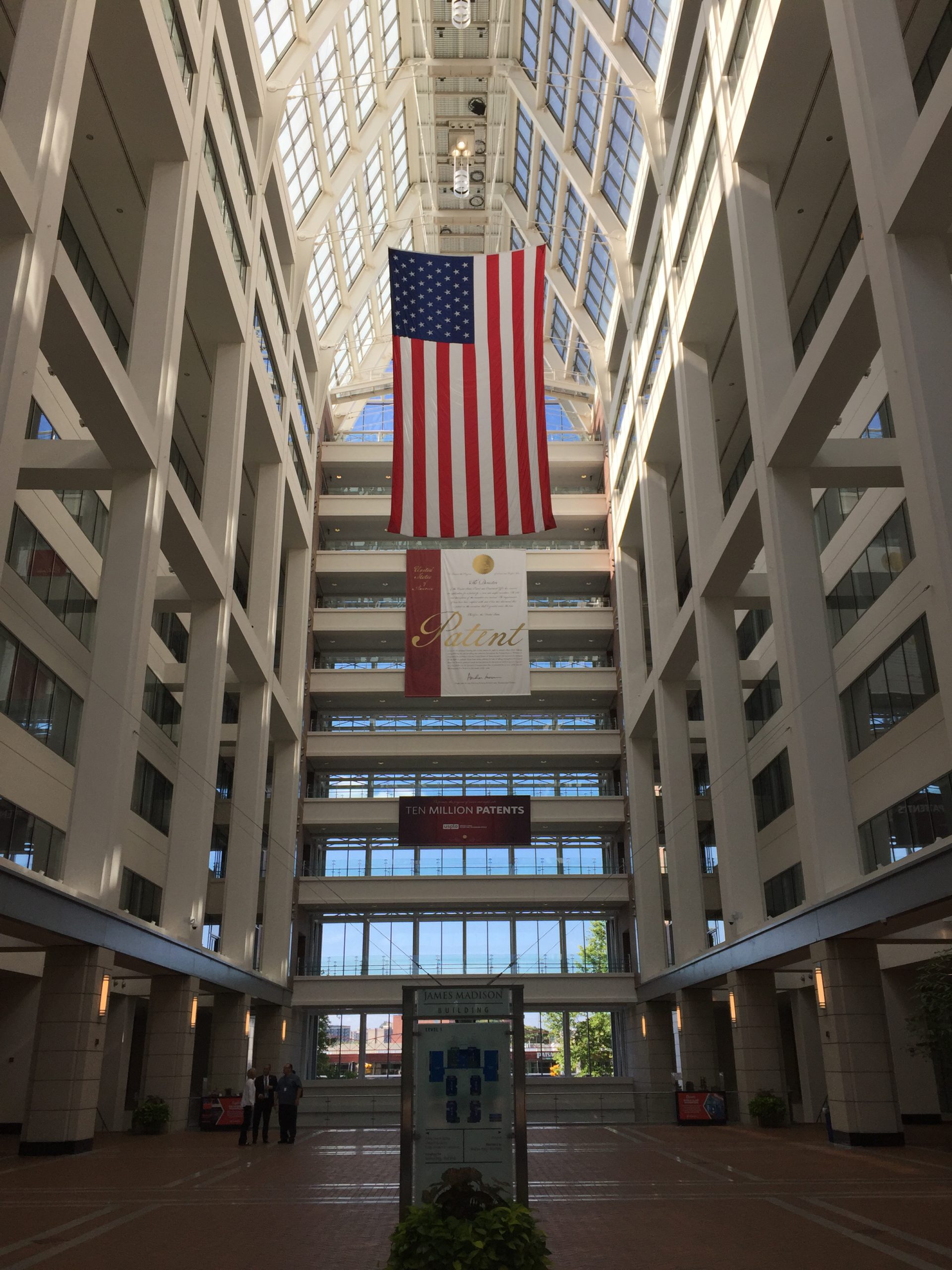The Trump-era Patent Office director has expanded his post-government influence-peddling.
This article originally appeared in the American Prospect.
America’s patent system is often said to be the foundation of our innovation economy. The protections granted by the U.S. Patent and Trademark Office (USPTO) are supposed to give everyone with a creative spark or scientific intuition—from individual inventors to corporate R&D departments—the opportunity to take the risks today that turn into tomorrow’s transformative technologies, lifesaving medicines, and brilliant new ideas. These protections have significant social and economic impacts the world over.
But the Patent Office routinely grants unnecessary patents, due in large part to the fact that more patents equals more revenue. The office is exclusively funded by fees from patent awards, which disincentivizes any initiatives to restructure our current system. This also opens the door for profiteering law firms, known as “patent trolls,” to harass legitimate innovators with spurious but lucrative patent infringement lawsuits, a problem that has spiked as firms hoard patents by the thousands in order to file frivolous lawsuits in volume. Recognizing the huge financial prospects, hedge funds and foreign investors have poured billions of dollars into patent litigation, a tactic that unscrupulously abuses the court system for profit.
More problematically, conflicts of interest have plagued the USPTO, including at the highest levels. Trump-era USPTO director Andrei Iancu was far too cozy with patent law firms while he served in government. Iancu came in via the revolving door from patent litigation firm Irell & Manella, where he earned $4,733,748 as a managing partner in the year before he was nominated, and went out the door and back to the firm when his term was up. He is now a partner in Sullivan & Cromwell’s patent practice.
Iancu has also moved to expand his post-government influence-peddling with the formation of the Council for Innovation Promotion, “a bipartisan coalition dedicated to promoting strong and effective intellectual property rights.” What that really means is opposition to any efforts to remodel our anti-competitive patent system, including the Biden administration’s implementation of the Inflation Reduction Act’s groundbreaking measure to empower Medicare to negotiate fairer drug prices.
As The New York Times editorial board noted, this revolving-door phenomenon “poses a real risk to the integrity of the patent office.”
Iancu’s actions as director make clear the dangers of corporate-led public policy. The policy changes he instituted gave new authority to the patent review board, known as PTAB, to dismiss patent challenges for bureaucratic reasons, regardless of the merits. Consequently, as former Sen. Mark Udall (D-CO) has written, under Iancu’s new rules, the victims of patent trolls “have been forced to defend themselves in court against abusive litigation,” which “drains innovators’ resources and time and leaves complex, technical, high-stakes decisions in the hands of non-expert juries.”
Ominously, two-thirds of the judges on the patent review board said that during Iancu’s tenure they “felt pressure from higher-ups at the office to change aspects of their decisions,” and three-quarters said that management review of their decisions affected their judicial independence. And given Iancu’s public statements ridiculing terms like “patent troll,” it’s safe to infer that any pressure from Iancu was not in favor of small innovators.
Under Iancu, the review board used its expanded power to deny patent review petitions and protect patent troll firm VLSI, represented by none other than Iancu’s old firm, Irell & Manella. And they weren’t ruling on the merits: In 2022, under new leadership, the board did consider the facts in reviewing nearly identical petitions, and those petitions were granted. As I wrote alongside Alex Moss last year, the evidence was the same, but the decision changed mainly because Iancu had exited the agency.
VLSI, a patent profiteer owned by hedge funds and private equity, has won more than $3 billion in damages via patent-troll litigation since Iancu changed the patent review board’s rules to make it harder to challenge patents. Iancu has been personally involved in patent litigation on behalf of other Irell clients, such as Sequoia Technology, PanOptis, and Centripetal Networks, which have sued IBM, HP, Apple, Dell, Hitachi, and Cisco.
According to The National Law Journal, Iancu’s tenure at the Patent Office made him a “folk hero” among clients like these. But he, and Irell, are only one example of the revolving-door problem. In 2020, IP law firm McKool Smith, whose principal Blair Jacobs praised the rise of patent-troll firms, hired Nicholas Matich, formerly acting general counsel at the USPTO. Arnold & Porter and O’Melveny & Myers, two legal giants with annual revenue of a billion dollars, have both hired judges from the patent review board. Schwegman Lundberg & Woessner hired Drew Hirshfeld, who spent three decades at the Patent Office, including a term as interim director.
This revolving door between the Patent Office, professional patent litigation firms, and their patent-troll clients is not a small problem, and addressing it is fundamental to maintaining the legitimacy of our economy. The Patent Office “has the power to shape markets, and just about every industry you can think of, from agriculture to technology, is impacted by its shortcomings,” says Priti Krishtel, an attorney who co-founded a nonprofit dedicated to reforming the system. That’s because patents only work to protect innovation if the USPTO’s decisions about which patents to grant and which patents to uphold are objective and fair, and if those who disagree have recourse to a legitimate appeals process. On both counts, Iancu perverted the system, biasing it in favor of big-money plaintiffs. American innovators have been the losers.
There’s no reason to ignore this perversion of justice; Congress should actively tackle the situation with its oversight tools. And the media should inform the public of the various ways corporate actors such as Iancu work against the public interest.
IMAGE: USPTO Headquarters interior 2019 by Antony-22 is licensed under CC-BY-SA-4.0

